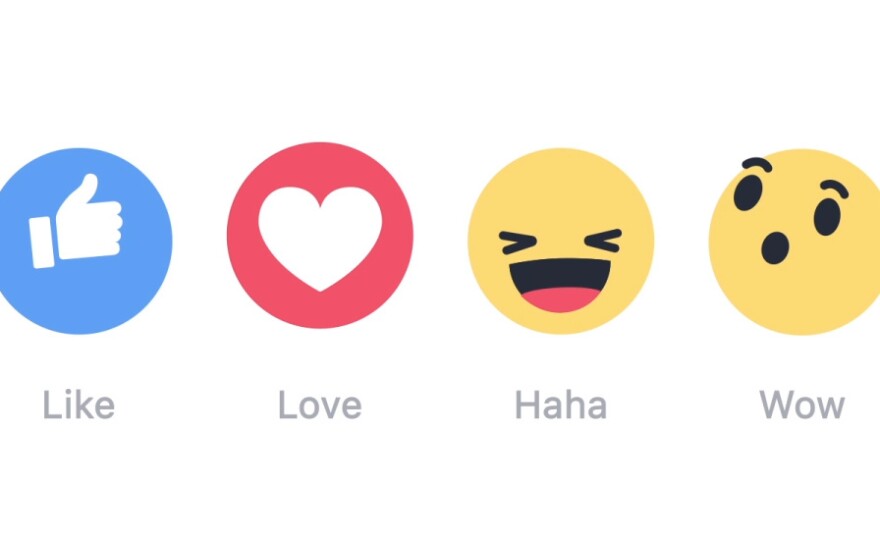We've been in that awkward situation where you're not sure whether to "like" your friend's Facebook post about the death of a relative.
Thankfully, Facebook has heard our woes and decided to spare us that moment of frustration by rolling out five additional emojis globally Wednesday.
The ambiguity of a thumbs up is now resolved — we can also choose from "love," "haha," "wow," "sad," and "angry" emojis. The three most popular reactions will be shown on each post.
Some users say it's been a long time coming. Twitter already changed its "favorites" stars icon to "likes" symbolized by hearts last year — a move that former Twitter senior VP Kevin Weil said increased activity on the platform by 6 percent in the first week.
As Twitter said: "We know that at times the star could be confusing, especially to newcomers. You might like a lot of things, but not everything can be your favorite."
In the same vein, Facebook says it released Reactions so you can more "easily and quickly express how something you see in News Feed makes you feel."
What do users have to say about the change?
Some found it a throwback to the past:
In the company's press release, Facebook Reactions is also touted as an opportunity for "businesses and publishers to better understand how people are responding to their content on Facebook." To which a user Tweets:
There was a consensus: There is still no dislike button — or emotions that show sarcasm.
Facebook's rollout of Reactions is a bid by the company to increase user engagement on News Feed as the social platform gains more and more mobile users. The Wall Street Journal reported in November that Facebook users are posting less on the social network, but are more likely to "like" posts.
How the responses will affect which posts show up in your News Feed is still to be decided — should more posts marked "love" be bumped up, or posts marked with "angry?"
But for now, you can release all those emotions you've kept in for so long on Facebook. Let us know how you feel about the new options in the comments below, on Facebook or on Twitter.
Zhai Yun Tan is a digital news intern.
Copyright 2016 NPR. To see more, visit http://www.npr.org/.






